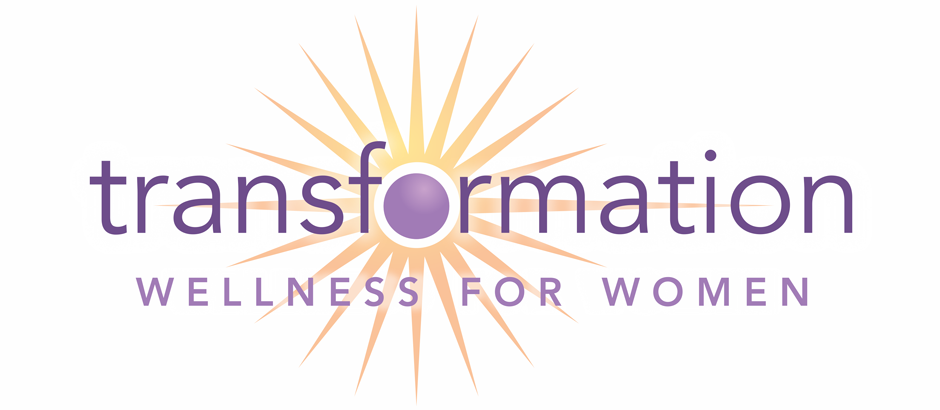Disappointed? What Were You Expecting?
As Kara drove to the office that morning, she had butterflies in her stomach from the anticipation she felt. It was her first birthday since she had started her new job, and she could hardly wait to find out how her coworkers would surprise her and celebrate the day. Would they have her office decorated and take her out for a surprise lunch? Maybe they were planning on a fun dinner after hours. And of course there would be flowers and banners!
But when Kara walked into her office, there were no flowers, and no one had decorated her office. There was simply a small birthday card hastily signed by a few office mates. At lunch, it was business as usual, and there was no evening celebration. Kara was crushed, and it took her several days to emerge from the fog of disappointment that she felt.
The Problem
One of the hardest things about being in relationship with others is the inevitable disappointments that eventually come our way. There is no perfect relationship; something is bound to get sticky sooner or later.
But if you find yourself disappointed or hurt by others frequently, it may be time to take a look inside. Often, the source of disappointment isn’t so much the fault of others as it is our own expectations.
It is easy to create in our minds what we want others to do or say in a particular situation, and then to feel let down when our expectations aren’t met. However, when we do this, we are creating an impossible situation: trying to predict the behavior of others seldom turns out well. When we base our happiness on whether other people perform according to a script we have written, we are bound to end up disappointed.
The Solution
What’s the answer? It’s human nature to have expectations. Attempting to circumvent this natural tendency will only make you frustrated. What you can do, however, is make an effort to be more aware of what you expect from others. Be careful that you aren’t setting yourself up for disappointment and setting others up to fail to follow a script you have created for them. This may require changing or lowering your expectations. It may mean that you discover that you have an unhealthy dependence on others for your own happiness.
The good news is that this is a learned skill. As you become more self-aware, you will become stronger emotionally and enjoy greater mood stability.
For Kara, being aware of the script she had written for her coworkers would have saved her much heartache. A little self-talk can go far in this situation. She could have said to herself,
“Kara, it’s natural to want your coworkers to make a big deal out of your birthday. But they may not. And that’s okay. They are busy, and with the number of workers in this company, we’d be doing nothing but partying every day if everyone’s birthday was treated with holiday status. No matter what they do for your birthday, appreciate it and enjoy their friendship.”
What this approach does is set Kara and her coworkers up for success. She isn’t bitterly disappointed, and they aren’t held responsible for living up to a set of behaviors that Kara has (unbeknownst to them) decided that they ‘ought to’ perform. Everyone wins.
Take some time this week to pay attention to your feeling in relation to your friends, coworkers and family.
- What do you expect from them?
- Are you secretly requiring them to act, think, and respond according to your expectations?
Examine these expectations and begin working on tempering them. The result will be greater peace and more happiness.




Trackbacks & Pingbacks
[…] What obstacles and challenges did I face this year that were expected or […]
Comments are closed.